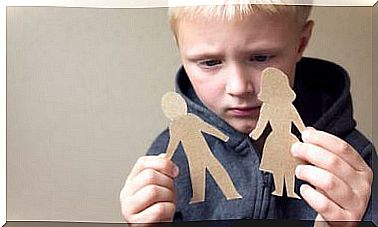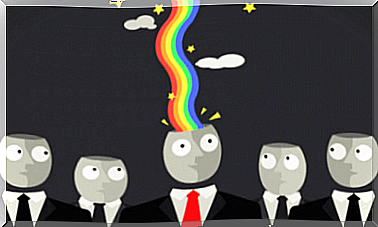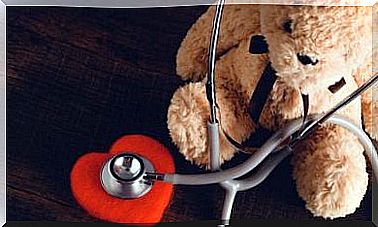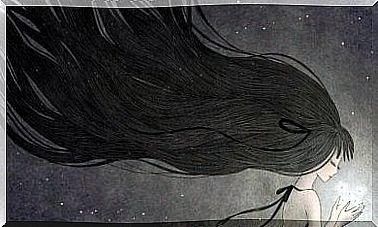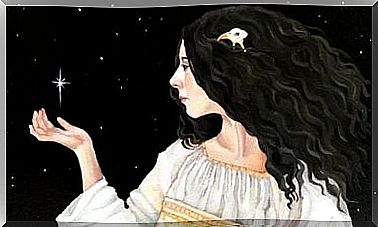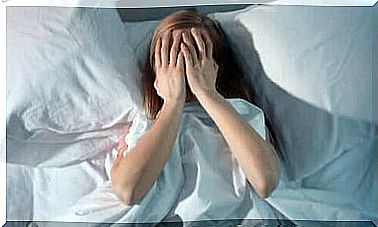Autumn Is The Sunday Of The Year

We often do not realize that the changing seasons require our body to go through an important process of adaptation. The lack of sunlight characteristic of seasons such as fall or winter, for example, directly affects our mood. Have you noticed that you have more or less vitality after a week of rain and gray?
Like this example, there are other factors characteristic of autumn which cause psychic variations in us. Most decisive of all is undoubtedly our attitude towards the transition to winter. How do we get to be 100% in the coldest time of the year?
The influence of autumn on our well-being
In early fall, whether in the northern hemisphere (October) or the southern hemisphere (March), individuals tend to exhibit various mood changes. Although everyone can experience it in different ways and to varying degrees, in general this change of seasons generates apathy, anhedonia and / or fatigue.
In summer, the days are longer and it seems that we take more advantage of the passing hours. In addition, since we usually have a few weeks of vacation to rest and enjoy our families, we are more relaxed and calmer. We notice that we have fewer responsibilities than during the rest of the year, we live without haste and without suffering from the monotony and constant stress of daily work.
However, when autumn begins, this situation changes dramatically : the days get shorter, the nights longer, the daylight hours decrease, and the good weather is replaced by rain and cold.
September dries up the fountains or sweeps away the bridges
The lower temperatures invite us to stay at home and spend less time in the open air, and even to isolate ourselves socially. Likewise, the change of weather can cause colds that make us feel weaker and more vulnerable. Seeing leaves falling from trees and piling up on the ground also generates nostalgia and sadness.
In addition, we tend to make our wardrobe the personification of austerity. We put aside our clothes of cheerful and bright colors to put on other more sober and darker ones.
The hormonal revolution
These external factors and, in particular, climate change and reduced sunlight, cause a series of hormonal changes that affect our energy throughout the day :
- Increased production of melatonin : Its increase in the blood makes us feel more tired and makes us want to sleep and rest.
- Decrease in serotonin : it goes hand in hand with the increase in melatonin because the latter imbalances sleep cycles, affects our mood and our state of mind.
- Decrease in dopamine : it generates a loss of attention and general disinterest.
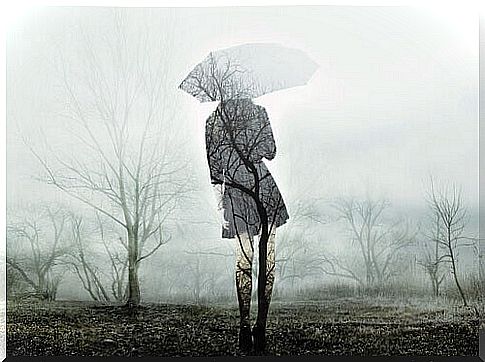
This can lead to an “autumn depression”
If the decrease in mood is very large and persistent, we might suffer from the so-called “fall depression” or “winter depression”. However, don’t panic! This is a temporary situation which can be avoided if we take the right measures.
Its symptoms are an excessive lack of energy and interest in what surrounds us, a lack of appetite, irritability and bad mood, difficulty falling asleep and problems concentrating. It is also in some cases characterized by strong feelings of loneliness, real or not.
How to fight it
These type of mood disorders should be seen with specialists, but we can improve their symptoms by making small changes to our diet and performing certain daily activities.
Nutritionally, it is important to maintain adequate intake of vitamins C and B and minerals such as calcium and magnesium, which are essential for the production of neurotransmitters. We can take valerian and passionflower as supplements to relax and increase the quality of our sleep.
We sometimes believe that the holidays are the end of the time we can devote to ourselves. This is a mistake. We must continue to free ourselves from leisure and entertainment spaces, and carry out activities that give us pleasure. For example, playing sports. Even if the weather does not allow it to be practiced outdoors, the indoor is also a good way to recover and maintain a positive attitude.
The mind must also be cultivated in parallel with the body through reading, going to the theater, to the cinema or to museums; by listening to music, conversing with friends or sharing a special moment with our spouse or our children.
Drastically stopping doing these little activities that make us happy supposes the loss of reinforcements and a gradual increase in our apathy. Ultimately, it negatively affects our mood and generates high stress levels.
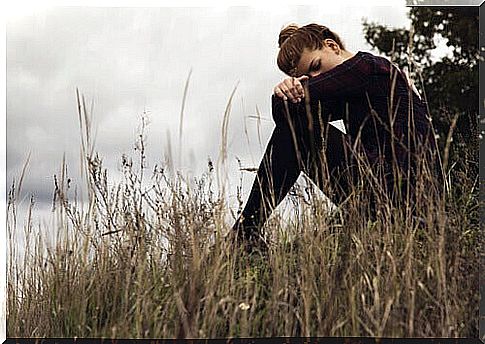
Fall depression is not a post-vacation syndrome
Post-vacation depression is the state in which a worker finds himself when his adjustment process fails between his vacation period and his return to work.
Its symptoms are very similar to those of fall depression, although they can be accompanied by severe physical discomfort which can lead to muscle pain, which contributes to reduced performance.
In addition, this syndrome can appear throughout the year, when the person returns from vacation. Thus, if for various reasons the worker postpones them to November, the post-leave syndrome will manifest itself later.
The fall depression is linked to a specific time of year: the end of summer and the arrival of the new season. On the other hand, post-leave syndrome mainly affects young people, generally people under 45; while fall depression leaves older adults vulnerable.
As we can see, there are several factors in the fall that endanger our physical and psychological well-being. But that should not prevent this season from becoming the best season of the year. We just have to learn to take advantage of it!

